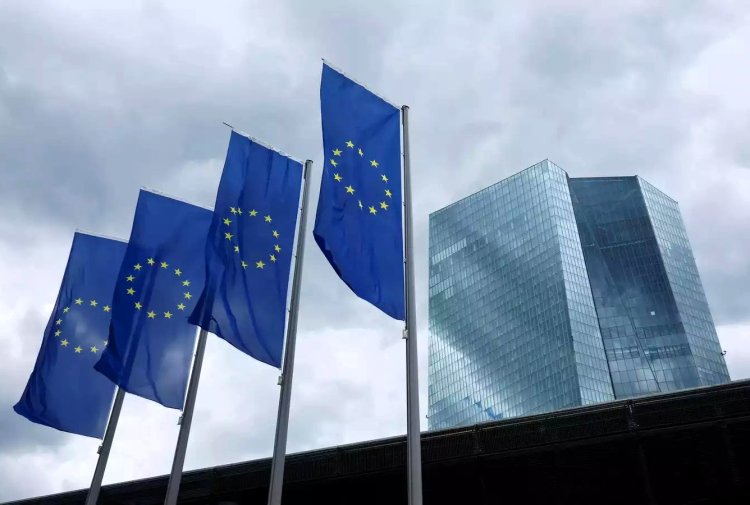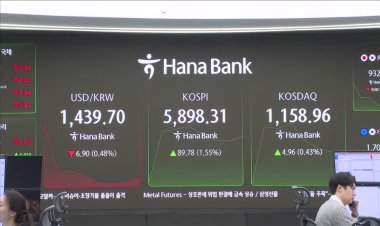Paris Olympics Boost Eurozone Economy in August

The Paris Olympics have provided a boost to the eurozone economy after a sharp rise in spending as athletes and spectators descended on the French capital for the summer sporting event.
Figures from a closely watched survey of businesses showed monthly French private sector output rose to its highest level in 17 months in August.
Economists said the growth in activity, fuelled by the French service sector as millions of tourists flocked to Paris for the two-and-a-half week sporting event, bolstered the figures for the entire 27-country bloc.
The eurozone composite purchasing managers’ index (PMI), conducted by the Hamburg Commercial Bank and S&P Global, rose to 51.2 in August from 50.2 a month earlier, where anything above 50 signals growth.
However, experts warned the Olympic boost masked a disappointing performance elsewhere, amid a slowdown in activity across the eurozone led by a collapse in manufacturing output, particularly in Germany.
Hosting the Olympic Games can deliver economic benefits, acting as a catalyst for construction, tourism and the events industry, as well as by raising the global profile of host countries and businesses.
The UK government estimated that hosting the London 2012 Olympic and Paralympic Games generated up to £41bn for the British economy by 2020. The International Olympic Committee estimated the Paris Games could produce a $12.2bn economic benefit within the Île-de-France region, while the 2028 Los Angeles Games could provide an $18.3bn boost in output.
However, while major sporting events can benefit some parts of the economy, they can also displace activity in other areas, making it difficult to quantify the net impact.
Despite the boost to the French service sector, analysts warned the underlying picture for the wider eurozone economy suggested the outlook was weak enough to warrant another interest rate cut from the European Central Bank.















